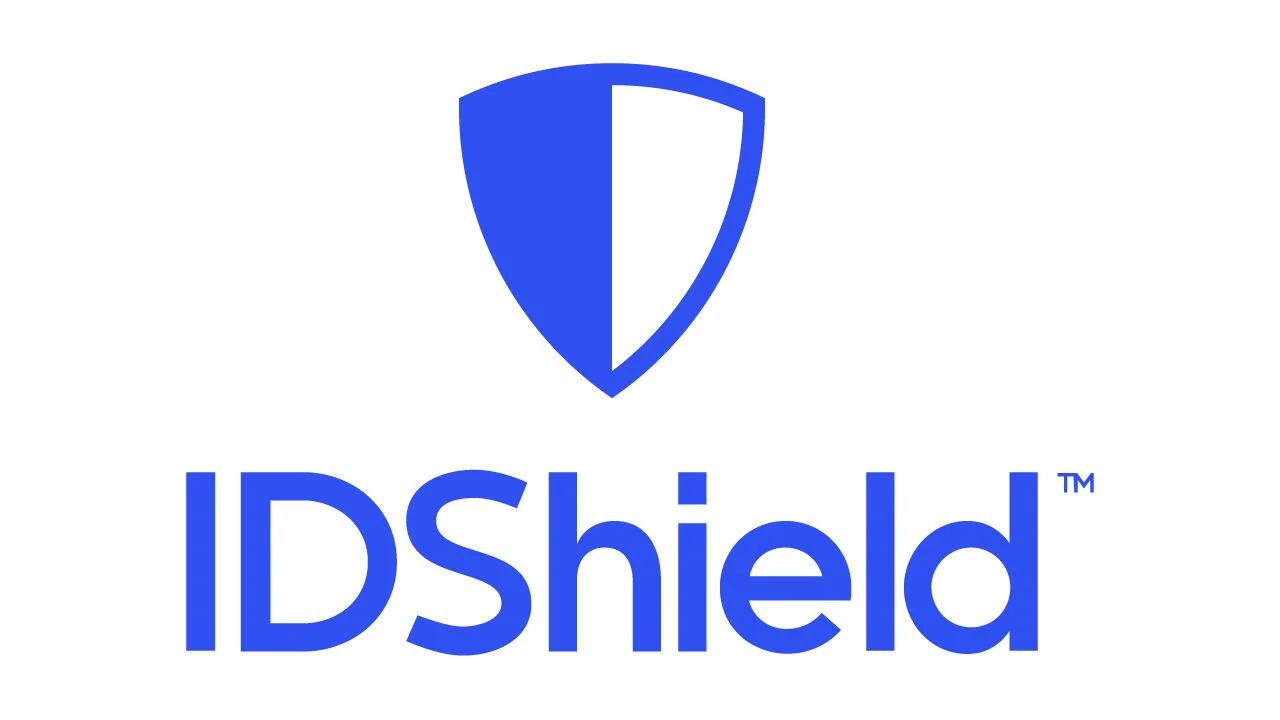The content and opinions provided on this site have not been provided or commissioned by any issuer of the financial products and/or services appearing on this site. The content and opinions have not been reviewed, approved or otherwise endorsed by an issuer. Offers may be subject to change without notice. For more information, please read our full disclaimer.
Managing your money wisely means being prepared for risks. This involves spotting and assessing potential losses, whether they come from health problems, accidents, natural disasters, fraud, or identity theft. By taking steps to minimize these risks, you can safeguard your finances. This guide is here to show you why reducing risk is crucial and why risk management is essential in our unpredictable world.
What are the Types of Risks?
There are various types and classifications of risks that impact your financial stability. Unforeseen events have the potential of costing you a lot if you are not prepared for such scenarios. A car accident can heap up medical bills. A stock market crash could deplete your 401K overnight. Becoming the victim of identity theft could lead to months if not years of struggle to regain your identity and financial standing. While not likely, any of these events and more could happen and it would be prudent to prepare the worst while hoping for the best.
Sponsored Ad
What is Effective Risk Management?
For effective management, risks are identified, evaluated, and prioritized. These actions are followed by coordinating approaches to monito, minimize and control the likelihood or consequence of such unfortunate events. A good risk management plan involves taking a proactive rather than reactive approach to managing future outcomes, thus reducing the chance of a risk occurring and controlling its effect. For instance, having health insurance will ensure you are able to reduce that amount you need to pay out of pocket for your medical bills, which can have the potential of bankrupting you if you don’t have enough money on hand to cover them. By having a plan and executing on that plan, reduces the likelihood and severity of adverse outcomes and helps prepare for the unexpected to maximize positive results.
Gain Peace of Mind and Sign Up to Protect Your Security, Credit, and Identity.
- Monitor for fraud and alerts
- Full-service identity restoration
- Credit bureau monitoring
What Are the Objectives of a Risk Management Plan?
Once you can identify, measure and monitor potential risks, the ultimate objective of risk management is to find ways to manage or control them. It includes deciding whether to spend money on insurance and/or credit monitoring services for example. It is essential to be well informed to make these decisions effectively. Managing financial risk efficiently requires utilizing risk management tools with a practical point of view to effectively take advantage of their benefits.
What are the Strategies for Risk Management?
Proper management strategies play a vital role in the risk management lifecycle because they identify risks and assess their likelihood and impact. Strategies for risk management are avoiding, accepting, and mitigating. For instance, preventing identity theft by accepting it’s possibility and mitigating any potential occurrences it is an excellent approach. An example of this might be not writing down passwords to help prevent identity theft.
When Should Risk Management Be Implemented?
To mitigate risk successfully, be proactive. Research insurance options and determine if any are right for you. Take steps to preserve your identity. Diversify your investment portfolio, etc. Risk management must be done initially (taking the first steps) and is continued on an ongoing basis. Putting some time on the calendar each year to review your risk management plan is an excellent idea.
How to Take Action
It will be beneficial to think broadly and analyze what your finances and other important facets of your life you feel are important and need protection. Carefully research your options for tools and services designed to shield you from risk such as insurance, credit monitoring apps and websites and even professionals who can help you specifically guard against unforeseen negative situations and events. Risk management is not fun to think about or do, but it’s something you will be grateful you thought about and acted on should you find yourself in a precarious situation that would have otherwise dramatically changed your life and/or financial stability.









